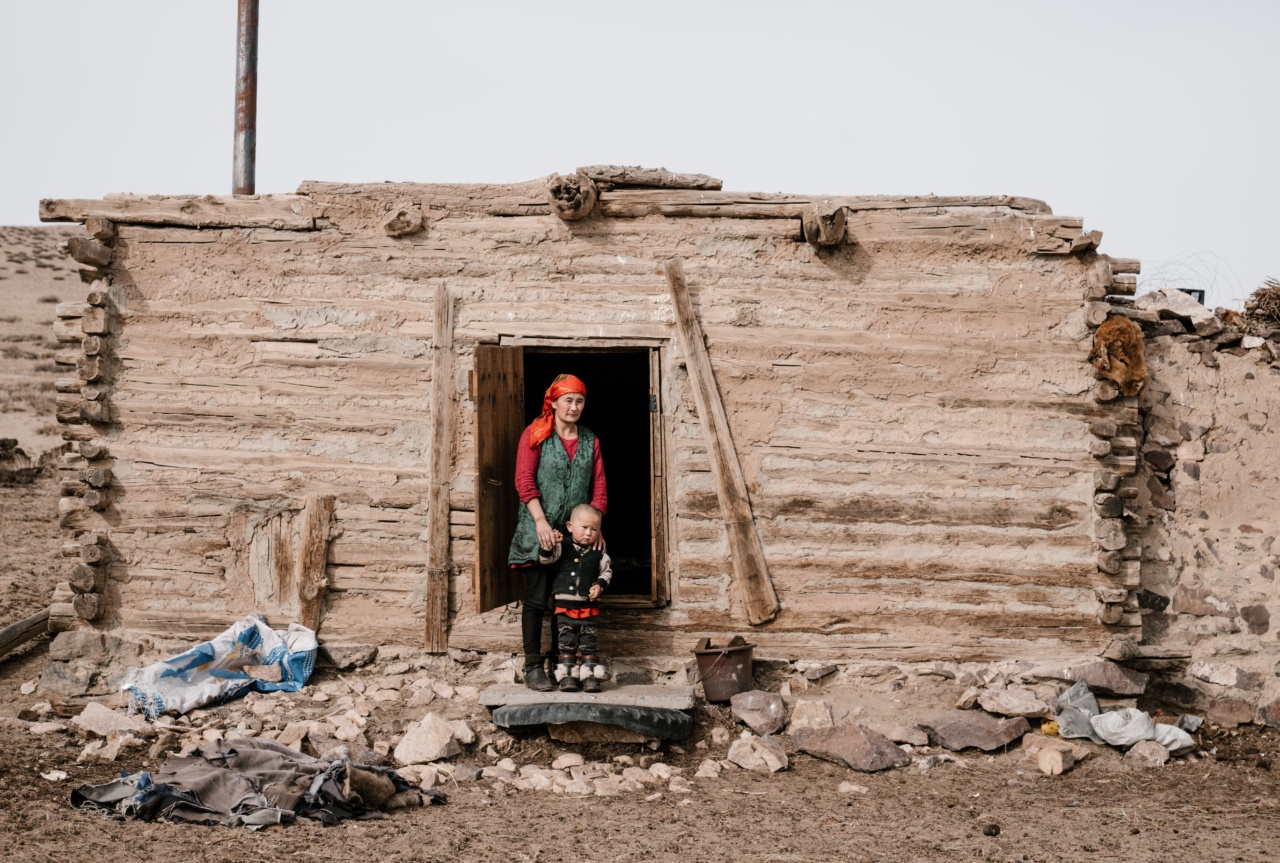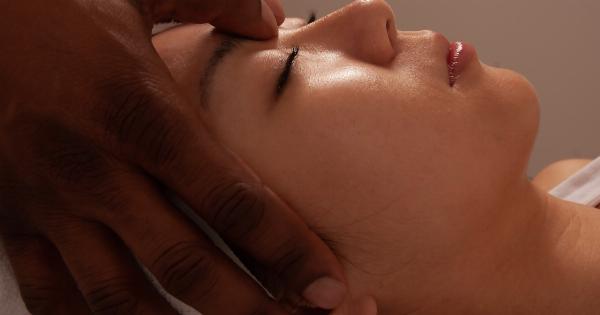Eczema is a common skin condition that affects millions of children worldwide. It is characterized by inflamed, itchy, and dry skin patches that can be extremely uncomfortable for your child.
As a parent, it is important to have a thorough understanding of your child’s eczema in order to provide them with the best care and support. In this article, we will discuss everything you need to know about your child’s eczema.
Causes of Eczema:
Eczema can have various causes, and the exact trigger for your child’s eczema may differ from that of another child. Here are some common causes of eczema in children:.
Genetics:
Eczema can often run in families, so if you or your partner have a history of eczema or other allergic conditions, your child may be more prone to developing eczema.
Allergens:
Allergens such as dust mites, pet dander, pollen, and certain foods can trigger eczema flare-ups in susceptible children. Identifying and minimizing your child’s exposure to these allergens can help manage their eczema.
Irritants:
Harsh soaps, detergents, and synthetic fabrics can irritate your child’s skin and worsen their eczema symptoms. Opt for gentle, fragrance-free products and soft cotton clothing to minimize irritation.
Environmental Factors:
Changes in temperature, humidity levels, and exposure to extreme weather conditions can also impact your child’s eczema. Keeping their skin moisturized and protected can help mitigate these effects.
Signs and Symptoms:
Recognizing the signs and symptoms of eczema is crucial for early intervention and management. Here are some common signs to look out for:.
Itching:
One of the primary indicators of eczema is intense itching. Your child may constantly scratch their skin to relieve the itch, which can lead to skin damage and infections.
Red, Dry, and Patchy Skin:
Eczema typically presents as red, dry, and patchy skin. These patches may appear anywhere on the body but are commonly found on the face, elbows, knees, and hands.
Thickened or Scaly Skin:
With persistent scratching, the affected skin areas may become thickened or scaly. This is known as lichenification and indicates chronic eczema.
Inflammation and Swelling:
Inflammation and swelling often accompany eczema flare-ups. The affected skin may appear swollen and tender to the touch.
Treating and Managing Eczema:
While there is no cure for eczema, there are several approaches you can take to manage your child’s symptoms effectively. Here are some essential tips:.
Maintain a Skincare Routine:
Establishing a regular skincare routine is crucial for managing eczema. Use mild, non-irritating cleansers and moisturizers specially formulated for sensitive skin. Apply moisturizer immediately after bathing to lock in moisture.
Avoid Triggers:
Identify and avoid any potential triggers that worsen your child’s eczema symptoms. This may include certain fabrics, soaps, detergents, or specific foods. Keeping a record of flare-ups can help identify triggers.
Moisturize Frequently:
Moisturizing your child’s skin is essential to prevent dryness and itching. Opt for fragrance-free, hypoallergenic moisturizers and apply them at least twice a day or as needed.
Keep Nails Short and Clean:
Encourage your child to maintain short and clean nails to prevent excessive scratching and further skin damage. Consider using cotton gloves or mittens at night to minimize scratching during sleep.
Use Prescription Medications:
In severe cases, your child’s doctor may prescribe topical corticosteroids or other medications to manage their eczema. It is important to follow the prescribed dosage and usage instructions closely.
When to Seek Medical Help:
While most cases of eczema can be managed at home, certain situations may require medical attention. Contact your child’s doctor if you notice any of the following:.
Severe Itching:
If your child’s itchiness is severe and persistent, it may indicate the need for stronger prescription medications or further evaluation.
Infection:
If the affected skin becomes increasingly swollen, red, and oozes pus, it may be infected. Seek medical help to prevent complications.
Sleep Disturbances:
If your child’s eczema is causing significant sleep disturbances, it is important to address this issue with their doctor. Poor sleep can negatively impact their overall well-being.
Quality of Life:
Eczema can significantly impact your child’s quality of life, affecting their self-esteem and emotional well-being.
It is crucial to provide them with emotional support, educate their teachers and classmates about the condition, and encourage open communication.
Conclusion:
Understanding your child’s eczema is the first step towards effectively managing their symptoms and supporting their overall well-being.
By recognizing the potential causes, signs, and triggers, and implementing appropriate skincare routines and lifestyle adjustments, you can provide your child with the care they need to thrive despite their eczema.






























